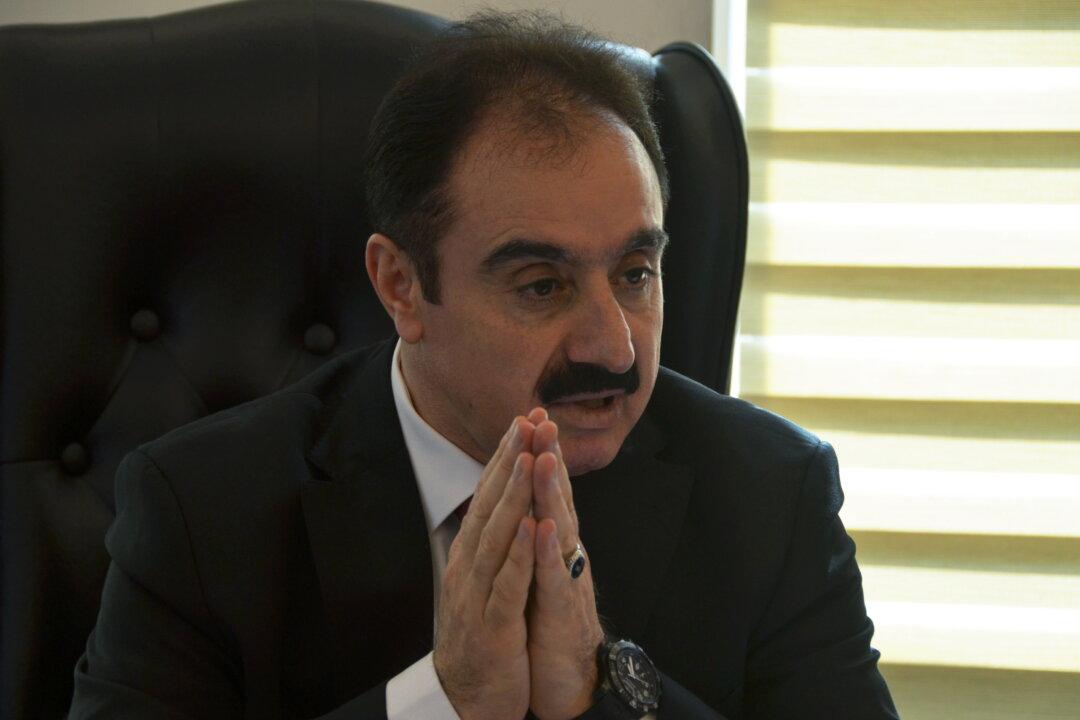AMMAN—A former Jordanian royal court chief and a low-ranking member of the royal family pleaded not guilty on Monday to charges of agitating to destabilize the monarchy, one of their lawyers said.
Prosecutors had referred to a military court the case of Bassem Awadallah, an ex-royal court chief and finance minister who played a big role in the drive to liberalize Jordan’s economy, and Sherif Hassan Zaid, a distant relative of King Abdullah.





